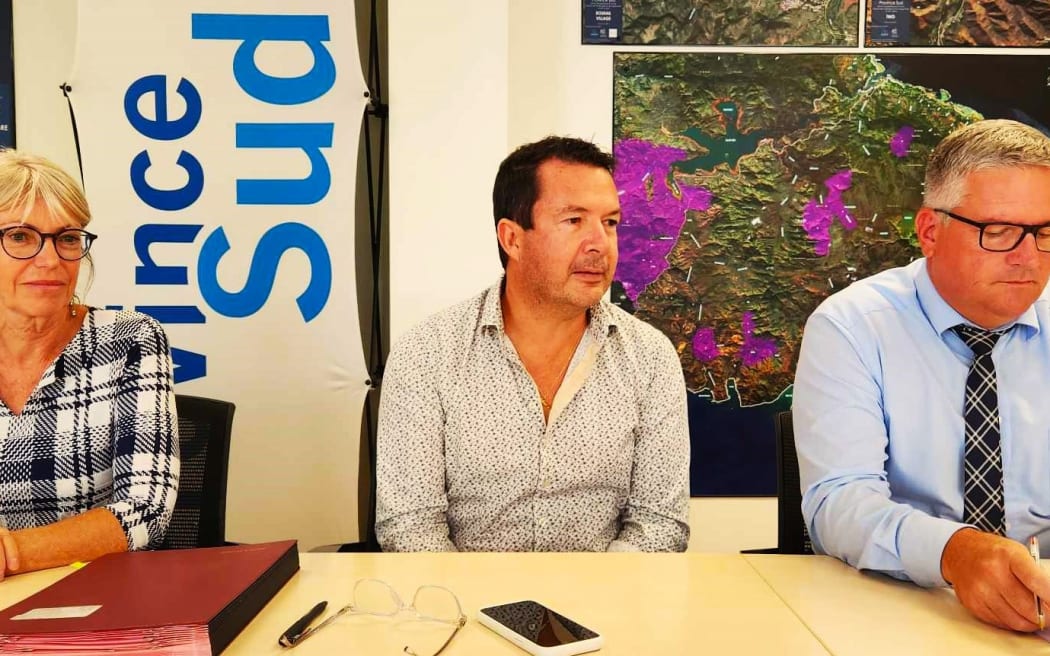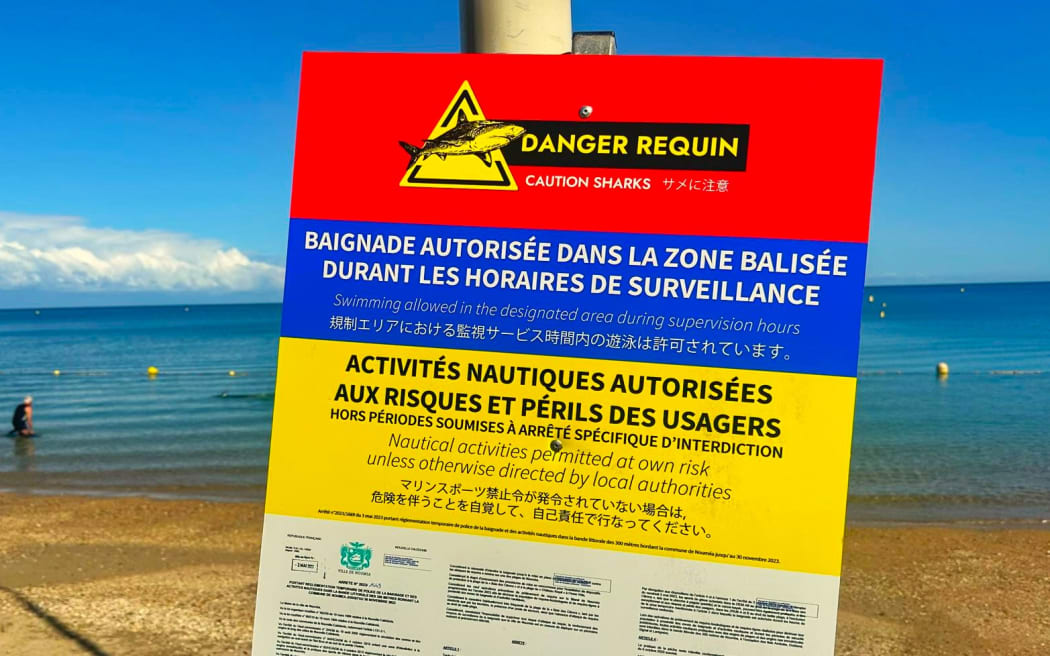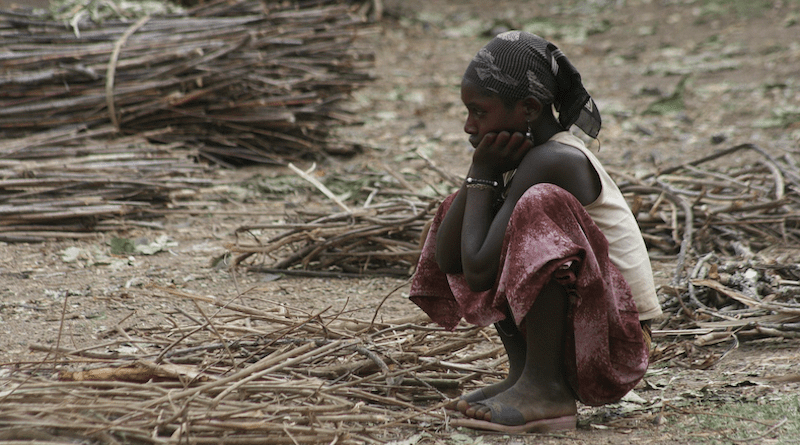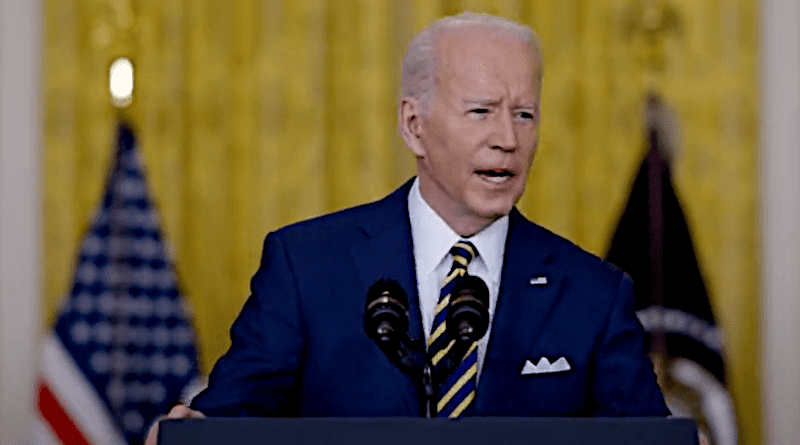Florida’s Faux-Meat Ban Slaughtered Free Enterprise – OpEd
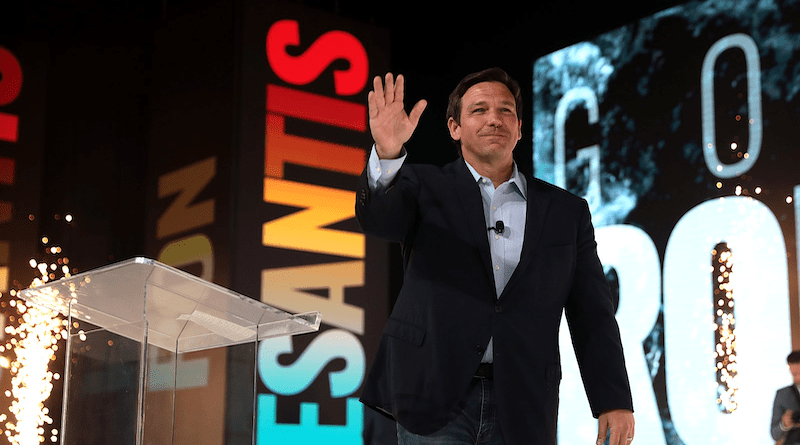
File photo of Ron DeSantis. Photo Credit: Gage Skidmore, Wikipedia Commons
By AIER
By Paul Mueller
The Florida legislature recently decided that, along with deregulating electric-vehicle charging stations and giving kids excused absences for 4-H and FFA activity, it would restrict the “manufacturing, distributing, holding, or offering” of cultivated or “lab-grown” meat in SB 1084. Several states with Republican majorities, such as Alabama, Arizona, and Tennessee, have considered similar legislation. While Governor DeSantis labeled cultivated meat part of a “whole ideological agenda,” this provision has the fingerprints of powerful lobbies like the Florida Poultry Federation and the Florida Cattlemen’s Association all over it.
These lobbies have an obvious economic interest: reducing potential competition. Restricting alternative products means they can charge consumers higher prices. But why would Florida legislators agree to ban cultivated meat? No evidence has yet been offered as to why the FDA and other existing regulatory oversight is insufficient.
Instead, it seems that legislators merely find the idea of cultivated meat disagreeable. Take for example the comments of Representative Dean Black, who just so happens to be a rancher: “Cultured meat is not meat…. It is simply a bacterial culture.” He added, “I think they can make it on the Moon and export it on Mars, and it’s fine to have Martian meat as well.” Even Governor DeSantis has weighed in, “We’re not going to have fake meat.”
Finding cultivated meat unappetizing is their prerogative, of course. But their personal distaste for the idea of cultivated meat does not warrant banning the product altogether. All of us find certain things distasteful: squid, heavy metal music, the behavior of celebrities, the color of our neighbor’s house or car, and so much more. But our own dislikes do not warrant legal sanctions. If they did, we would quickly find ourselves in a world where everything was prohibited. We can always find someone who objects to a good or a practice.
Florida has taken a step towards that world with SB 1084. This ban reduces choice for consumers today and means they will have to pay higher prices for meat. But even worse, the ban reduces possible innovation for the future. The potential benefits of cultivated meat are significant. Less land and water need to be used; fewer antibiotics; less slaughter. And who knows what else?
We’ve seen similar forms of innovation create major benefits in the cheese market. A particular enzyme, Rennet, has long been used to convert milk into cheese. This enzyme was primarily taken from the stomachs of calves, lambs, and young goats. Then scientists discovered how to create a similar synthetic enzyme in a laboratory, reducing the need to slaughter young animals for the enzyme. Market innovation in kerosene in the late 19thcentury single-handedly reversed the dramatic decline in the Sperm Whale population. These whales had been hunted for their oil, previously the main source of lighting.
Although cultivated meat has ties to the sustainability movement, allowing its development and sale is a far cry from environmental tyranny, like requiring a certain number of electrical charging stations or suggesting that Americans should start eating bugs. No one is mandating the consumption of cultivated meat. Nor should people feel that they ought to consume cultivated meat because of its potential upsides. Companies producing cultivated meat will have to persuade consumers to buy their product just like everyone else.
Allowing free competition doesn’t mean the state has nothing to do. Requiring clear labeling for lab-grown meat clearly falls under its purview. The public interest is served when fraud, deception, and misleading labeling are prevented. Unfortunately, the Florida legislature has gone far beyond this, at the behest of the ranchers’ lobby.
Besides reducing consumer choice due the legislators’ personal preferences, or perhaps to pad their campaign contributions, banning cultivated meat will make it harder for Florida to attract and retain venture capital and entrepreneurs who fuel innovation. Afterall, there is virtually no end to what else could be banned in Tallahassee, or any other state capital, just because a couple dozen people find something unpalatable—or rather inimical to their bottom line.
- About the author: Paul Mueller is a Senior Research Fellow at the American Institute for Economic Research. He received his PhD in economics from George Mason University. Previously, Dr. Mueller taught at The King’s College in New York City.
- Source: This article was published by AIER

AIER
The American Institute for Economic Research educates people on the value of personal freedom, free enterprise, property rights, limited government, and sound money. AIER’s ongoing scientific research demonstrates the importance of these principles in advancing peace, prosperity, and human progress. AIER is a nonpartisan research and education nonprofit 501(c)(3) organization focused on the importance of markets, with a full range of programs and publications on the social sciences with a primary emphasis on economics.



